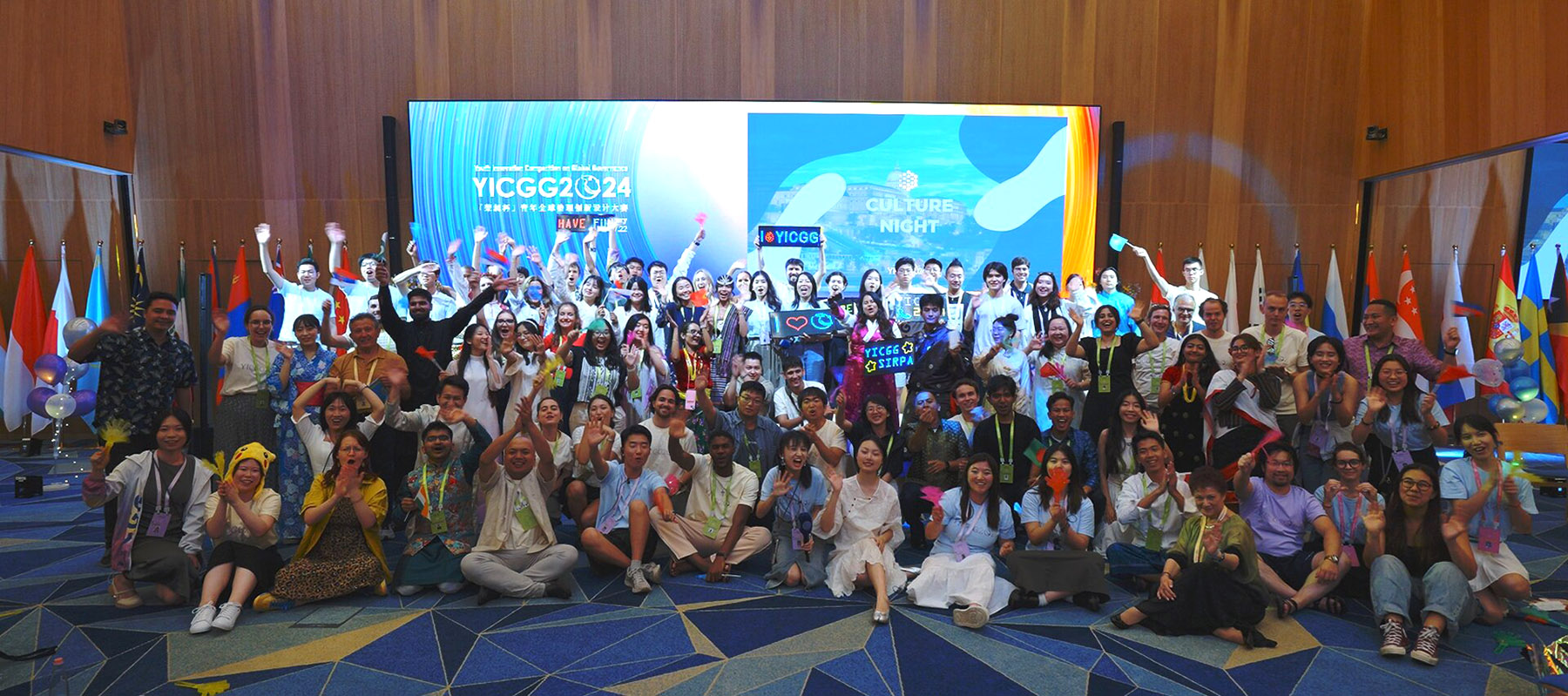Tsinghua University has emerged as a global leader in artificial intelligence (AI) research, with cutting-edge advancements that are shaping both China’s technological landscape and the global AI community. Known for its rigorous academic standards and innovative research environment, Tsinghua is at the forefront of AI development, working closely with industries and international institutions.
AI Research Institutes and Programs
Tsinghua University’s AI research is largely driven by its dedicated institutes, such as the Tsinghua Institute for Artificial Intelligence (THUAI) and the Beijing Academy of Artificial Intelligence (BAAI), which collaborates with major tech companies. These institutes focus on a wide range of AI technologies, including machine learning, deep learning, natural language processing, and robotics. The university’s researchers are also exploring ethical AI frameworks, ensuring that technological advancements are aligned with societal needs.
Tsinghua’s AI programs are designed to train the next generation of AI leaders. Graduate and postgraduate programs offer specialized courses in AI, data science, and cognitive computing, providing students with the skills necessary to excel in both academia and industry.
Collaborations with Tech Giants
One of the reasons behind Tsinghua’s success in AI research is its strong partnerships with Chinese tech giants like Baidu, Tencent, and Alibaba, as well as global companies such as Google and Microsoft. These collaborations allow Tsinghua’s researchers to work on real-world AI applications, from autonomous vehicles to AI-powered healthcare solutions.
These partnerships not only fund research but also provide access to vast datasets and computing power, helping researchers to accelerate innovation. Tsinghua’s involvement in industry projects ensures that its AI research is at the cutting edge of technological development, with practical applications that impact various sectors.
Global Impact and International Recognition
Tsinghua University’s contributions to AI are recognized internationally. The university regularly publishes groundbreaking research papers in leading AI journals, and its faculty members are invited to speak at global conferences. Tsinghua’s AI programs are attracting talent from all over the world, further cementing its role as a key player in global AI research.
The university’s AI research is also influencing international policy on AI development. Tsinghua’s experts have been involved in advising governments on how to implement AI technologies responsibly, focusing on issues such as data privacy, bias reduction, and the ethical use of AI.
Conclusion
Tsinghua University’s leadership in artificial intelligence research is shaping the future of AI both in China and globally. Through its world-class research institutes, industry collaborations, and international partnerships, Tsinghua continues to drive innovation in AI, making significant contributions to the global technological landscape.


